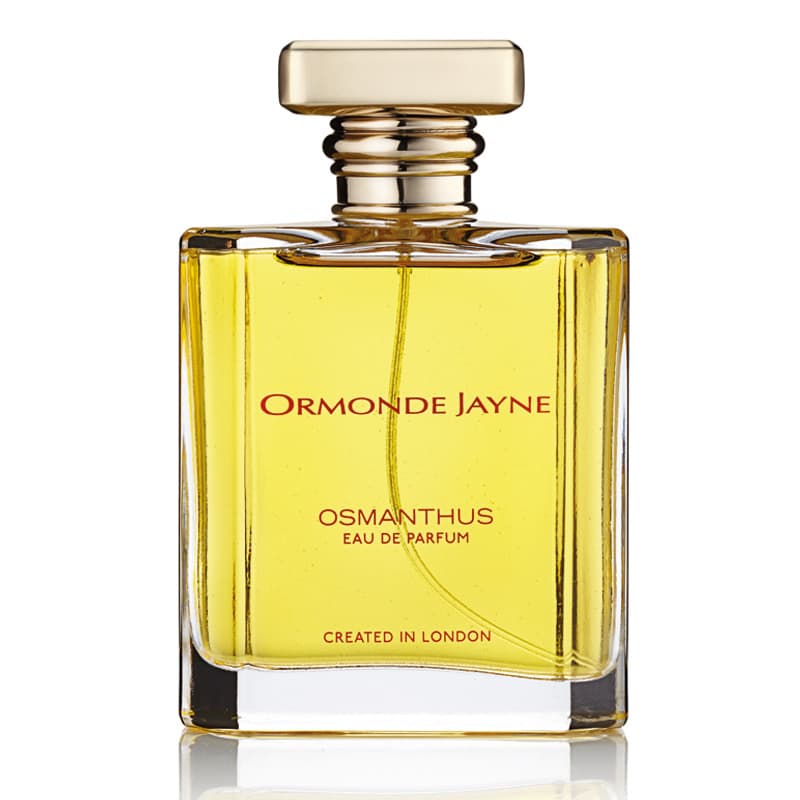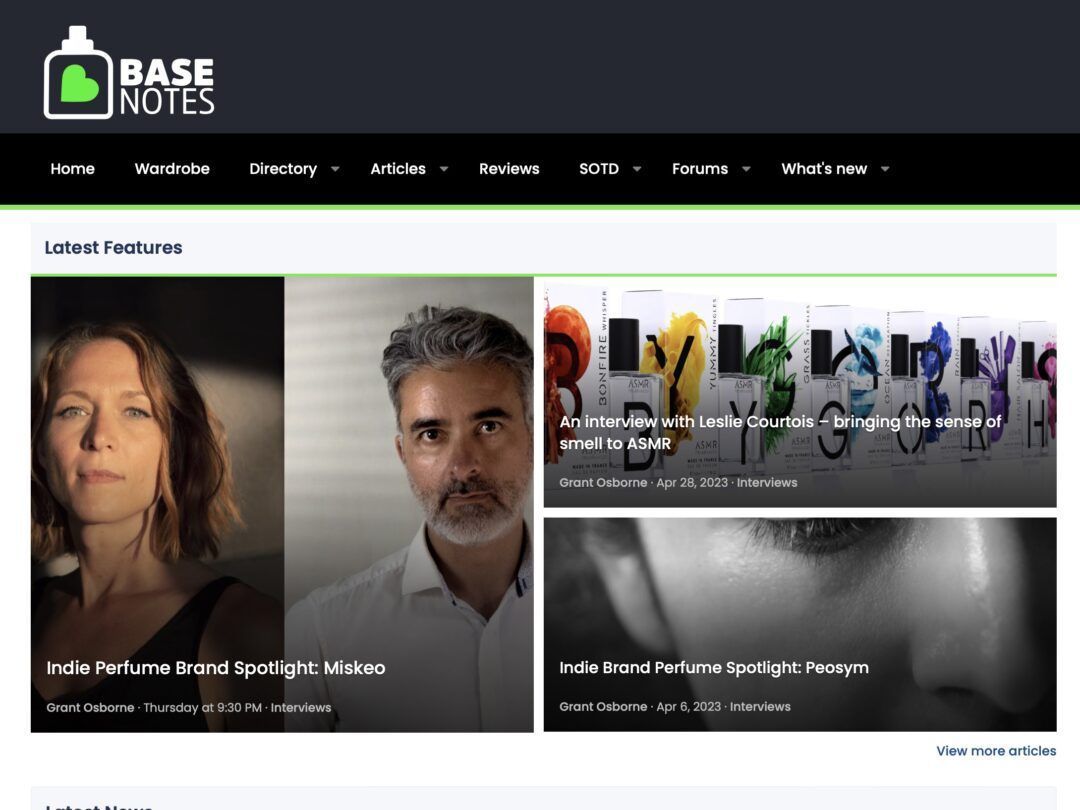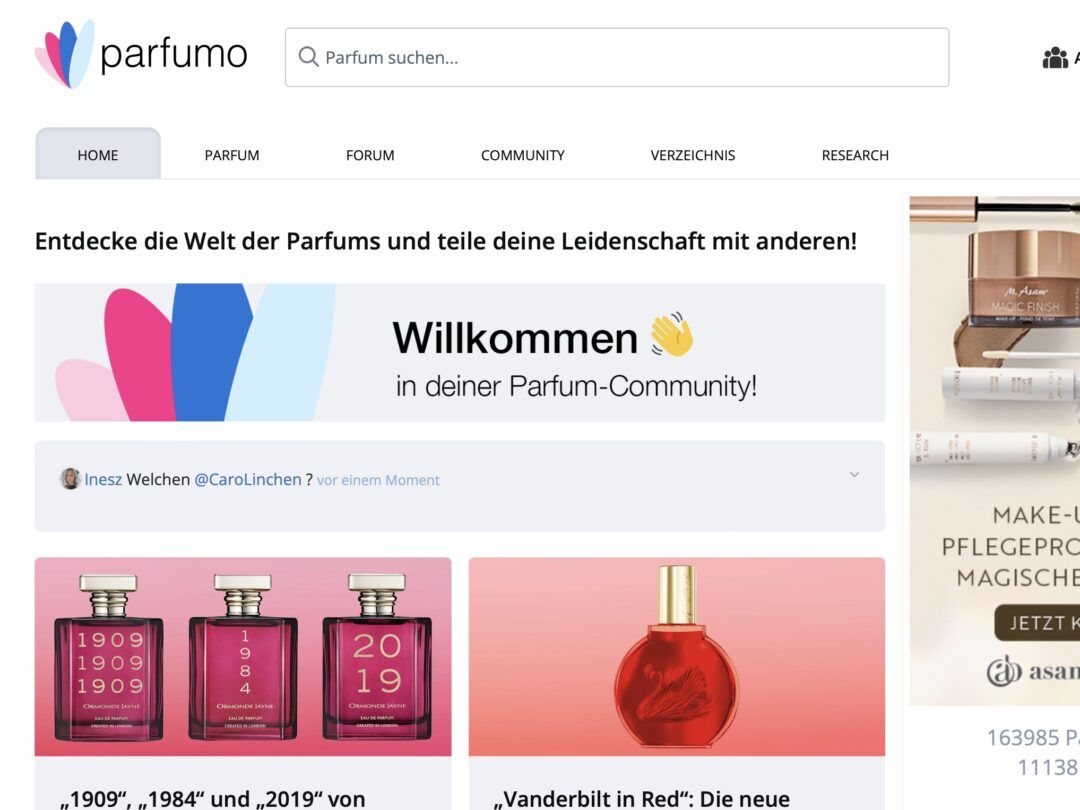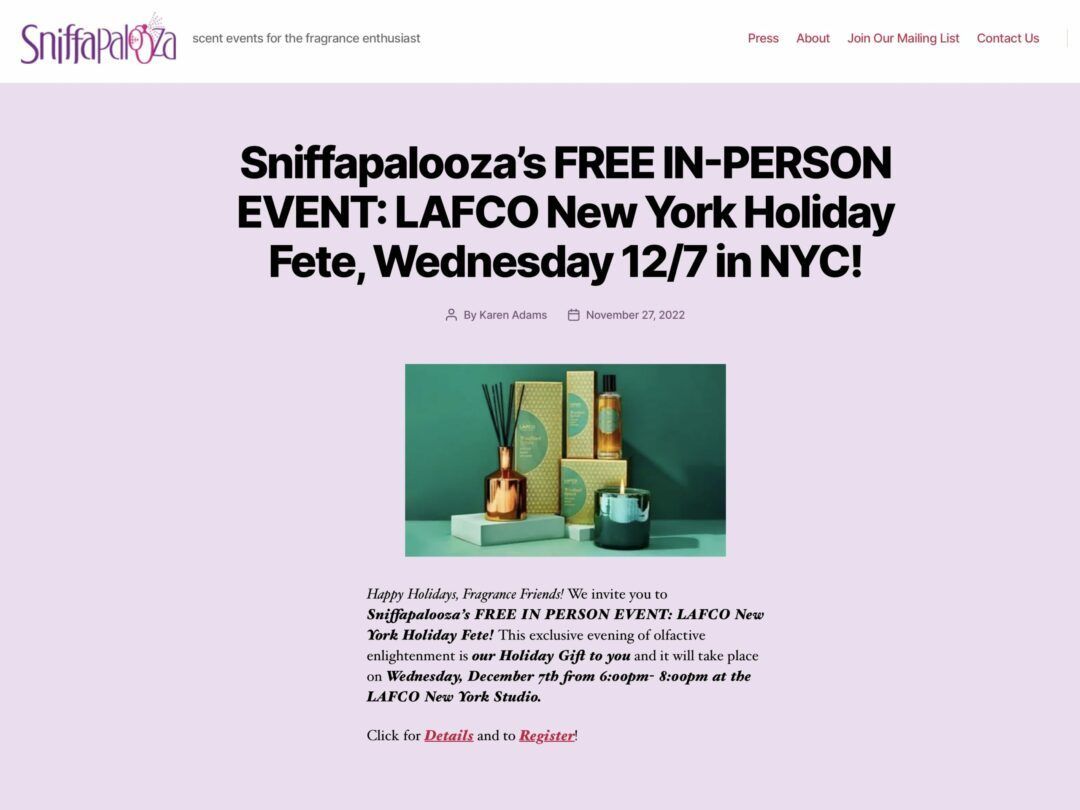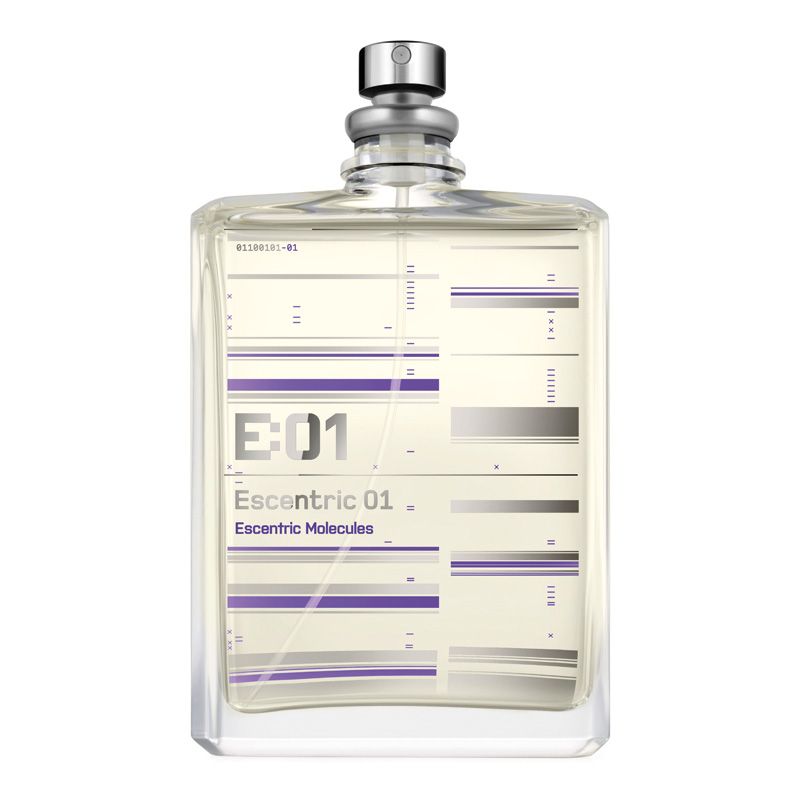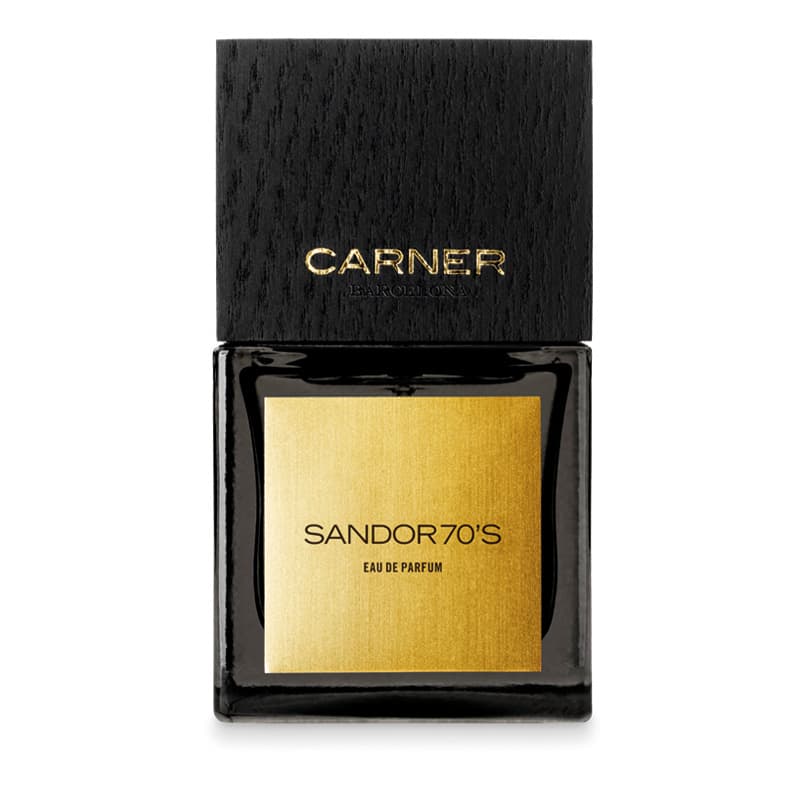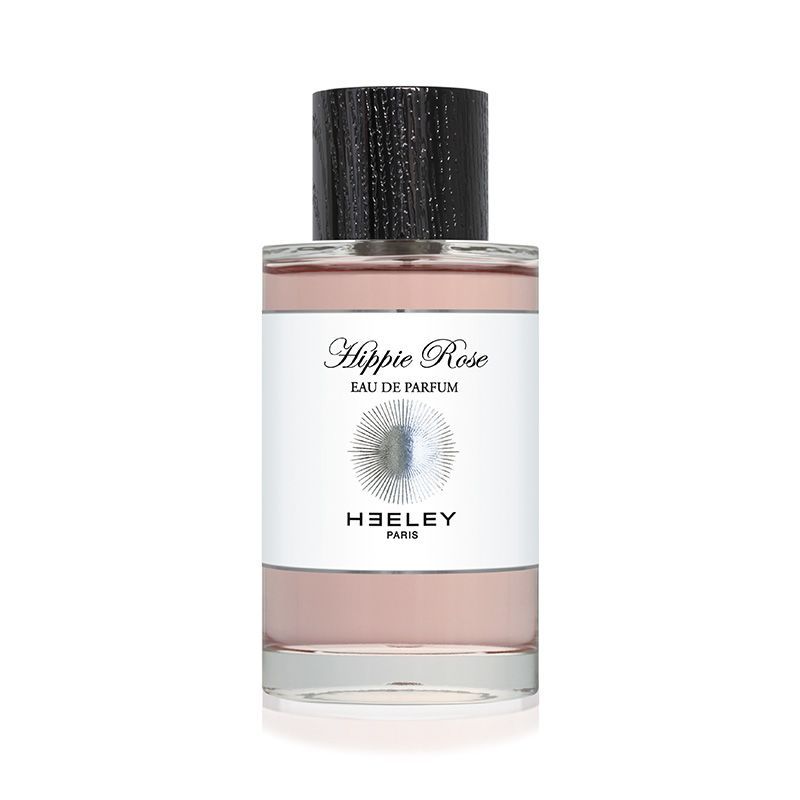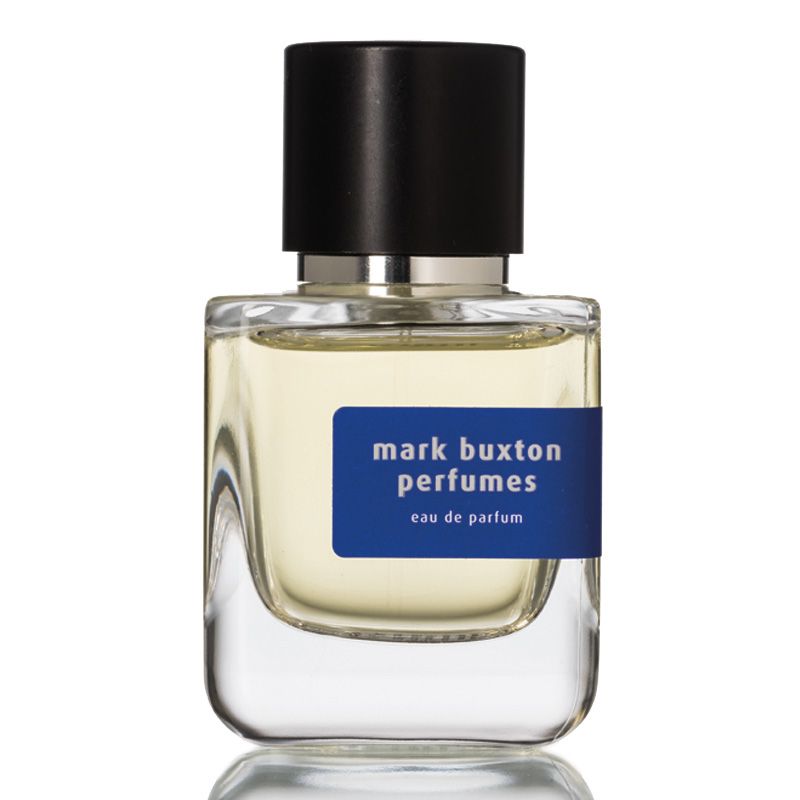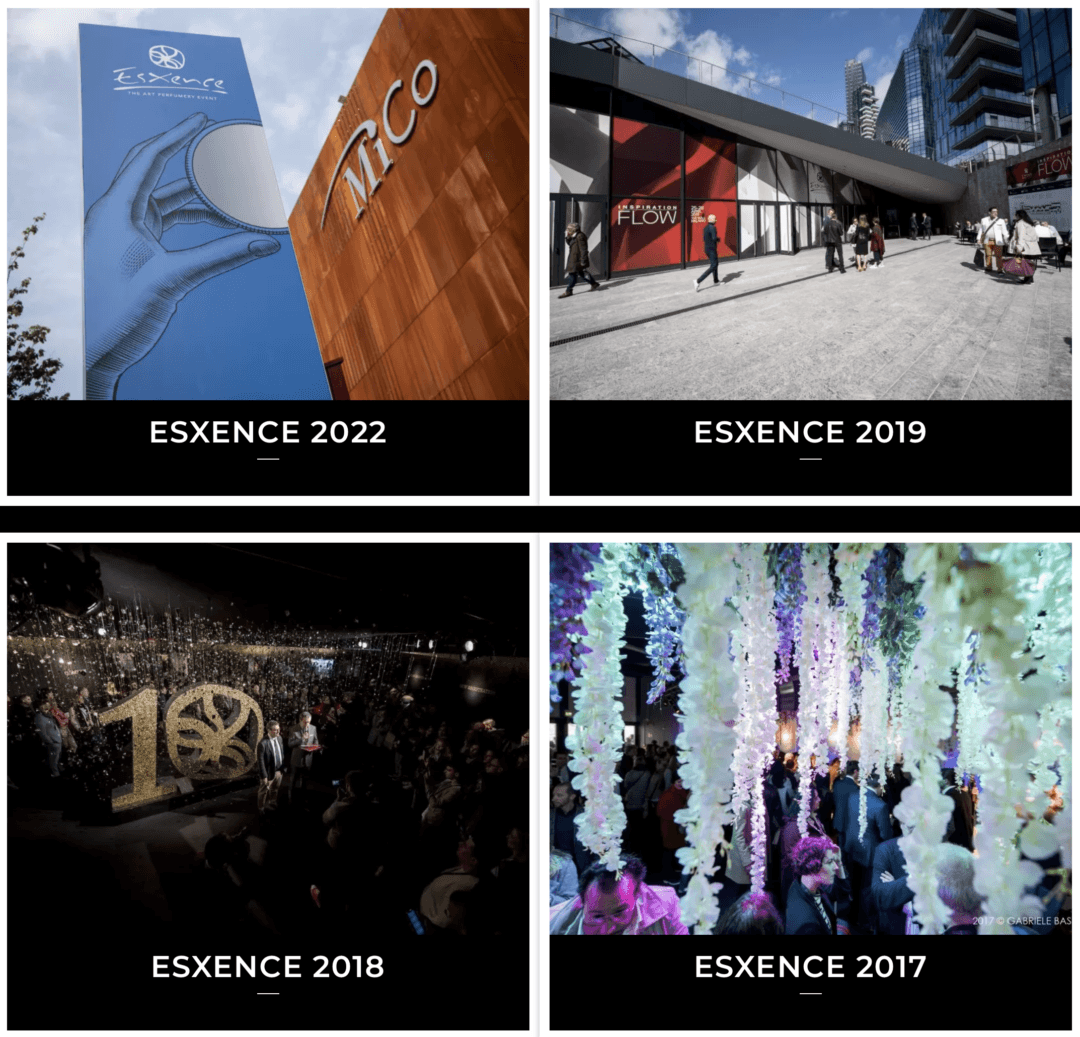- Category – Current, Uncategorized
Perfume niche market: discover the secret world of fragrances
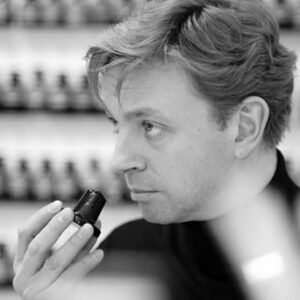
Thorsten Biehl
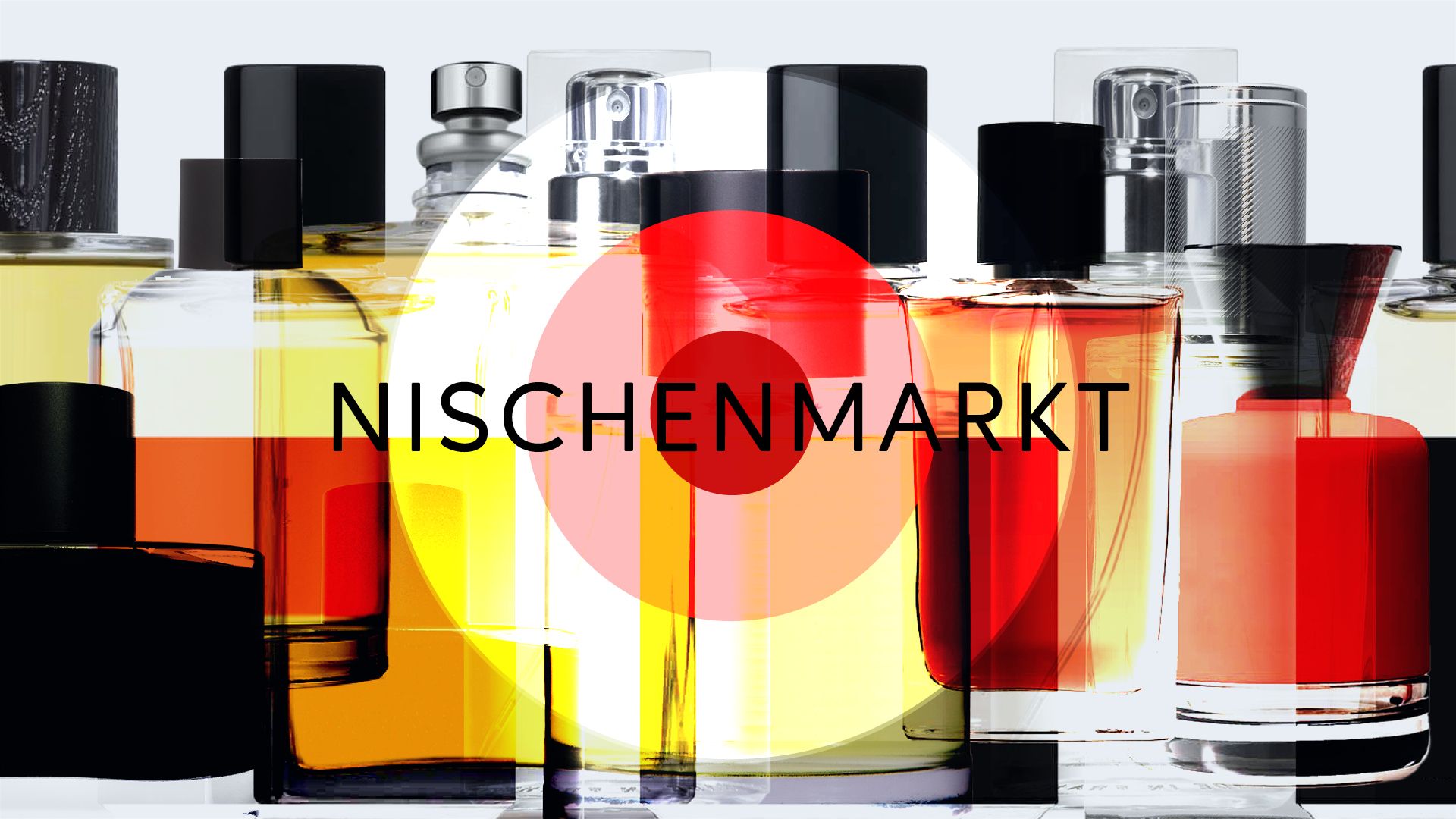
- Kategorie – Current, Uncategorized
Perfume niche market: discover the secret world of fragrances

Thorsten Biehl
Influence of advertising in the perfume world
When we are asked, “What perfume brands do you know?”, surely several or even all of these brands are included: Chanel, Dior, Guerlain, Estée Lauder, Lancôme, Giorgio Armani, Calvin Klein, Dolce & Gabbana, Versace, Yves Saint Laurent, Hermès, Tom Ford, Prada, Burberry, Givenchy, Marc Jacobs, Gucci, Ralph Lauren, Jo Malone.
These so-called designer fragrances have been with us for decades, it feels like they have always been with us, and are reminded of us at every turn thanks to billions spent on advertising. So far, so good. Many consumers have therefore been of the opinion since the 1980s at the latest that there can be nothing better in terms of quality and exclusivity. The obvious contradiction of calling a perfume that everyone knows, is available everywhere, and is affordable for most of us exclusive is not questioned.
However, the perception of the obvious quality is more difficult. Don’t you often have the feeling that the new perfume from XY smells just like YZ or that the scent fades quickly and has a synthetic note? What would consumers say if they knew that for all the products of these brands, the empty bottle plus packaging is significantly more expensive than the actual perfume portion, and that distribution and marketing account for about 80% of the sales price?
Therefore, it seems not surprising that for some of us, for whom perfume is an important accessory, doubts arise and we start looking for alternatives.
How did I discover the niche market for myself?
Despite my professional closeness to the perfume industry, I became aware of what are nowadays called “niche fragrances” relatively late. More info in my post THE PERFUME BLOG.
From 1992 to 1998, I lived in Mexico, where niche fragrances were largely unknown. There, mainly the big international brands from Europe and the USA played an important role. It wasn’t until 1999, when I moved to New York, that a whole new scented world opened up to me in the perfumery departments of Bergdorf Goodman and Barneys: brands like Annick Goutal, L’Artisan Parfumeur, Comme des Garçons, Creed, Diptyque and Serge Lutens.
At the time, I wasn’t familiar with the term “niche fragrances,” but I liked the artistic approach of these brands, the creative freedom in each variation, and the fresh, informal approach without market research, target group analysis, or costly marketing campaigns. It was more about art than commerce. Over the next few years, other new brands were to be added, some even with their own stores, such as Bond No. 9, Editions de Parfums by Frederic Malle, Le Labo, Ormonde Jayne and Ulrich Lang. I decided to look into this segment more intensively.
Perfume as an art form - innovation, quality, creativity and selective distribution
I immediately felt niche perfumes were a true art form compared to designer fragrances. The perfumers who work in this field appeared to me as highly talented artists who mastered their craft perfectly. With great care and perseverance, they experiment with the most unusual ingredients to always create new compositions. Each fragrance is an individual work of art, created with the utmost dedication to evoke unique emotions and bring back unforeseen memories. They are often provocative and test the limits of what is permissible.
For fragrance enthusiasts, niche perfumes are the right alternative to mass-market perfumes available in drugstores and department stores. These fragrance lovers are looking for a perfume that is “their own”, that reflects their personality and style and tells a story all its own. Niche perfumes meet exactly these demands: they offer a unique fragrance experience that few others have.
Another crucial difference for me compared to the mass-produced perfumes produced by the millions was the objectively better olfactory quality of these fragrances, combined with higher perfume dosages.
The Internet - Kickstarter of the niche
At the beginning of the 21st century, most consumers obtained their knowledge about perfume mainly from advertising and accompanying articles. A very small proportion came from editorial contributions in larger and smaller daily newspapers or magazines. Due to the fact that perfume manufacturers were and still are important advertisers for the media, coverage of these perfumes was usually extremely positive and not very independent. As a result, the lesser-known, independent brands had limited media exposure and were more likely to become known by word of mouth.
All this changed abruptly with the rapid development of the Internet, which enabled social media platforms and communities for perfume lovers. Through online forums, blogs, social media groups, and review platforms, the perfume community has been able to share their experiences, engage in discussions, and provide an independent perspective on various perfume brands and creations. These platforms have given lesser-known, independent brands the opportunity to gain greater visibility and bring their unique fragrance creations to a wider audience.
Here are my favorites that are worth visiting:
Where can I find niche perfume near me?
Not every fragrance lover happens to live next door to a perfumery specializing in niche fragrances. The opposite is true, as there are only a few dozen of them in Germany alone, mostly in the inner cities of metropolitan areas. But thanks to search engines, it has become quite easy if you know what you are looking for. My recommendation is to look for a perfumery near you based on a few well-known niche brands, such as those that carry Escentric Molecules, Carner Barcelona, Heeley Paris, or Mark Buxton Perfumes.
The highlight for perfume lovers - fragrance fairs
For the true fragrance fanatics, there are also some trade shows worth visiting that deal specifically with niche and perfume art. One of the first was Pitti Fragranze in Florence, which will be held for the 21st time in Florence on September 15-17, 2023. Since 2009, the annual Esxence has always been held in Milan in March, but the dates for 2024 have not yet been precisely set. Here you can meet hundreds of niche brands, meet perfumers, brand owners and makers, and learn a lot of interesting facts about perfume.
That should be it for now, I hope I could give you some helpful tips where you can learn more about niche perfumes. Soon there will be a post about interesting perfume blogs that you should definitely visit.
See you soon, with best regards, your Thorsten Biehl.

